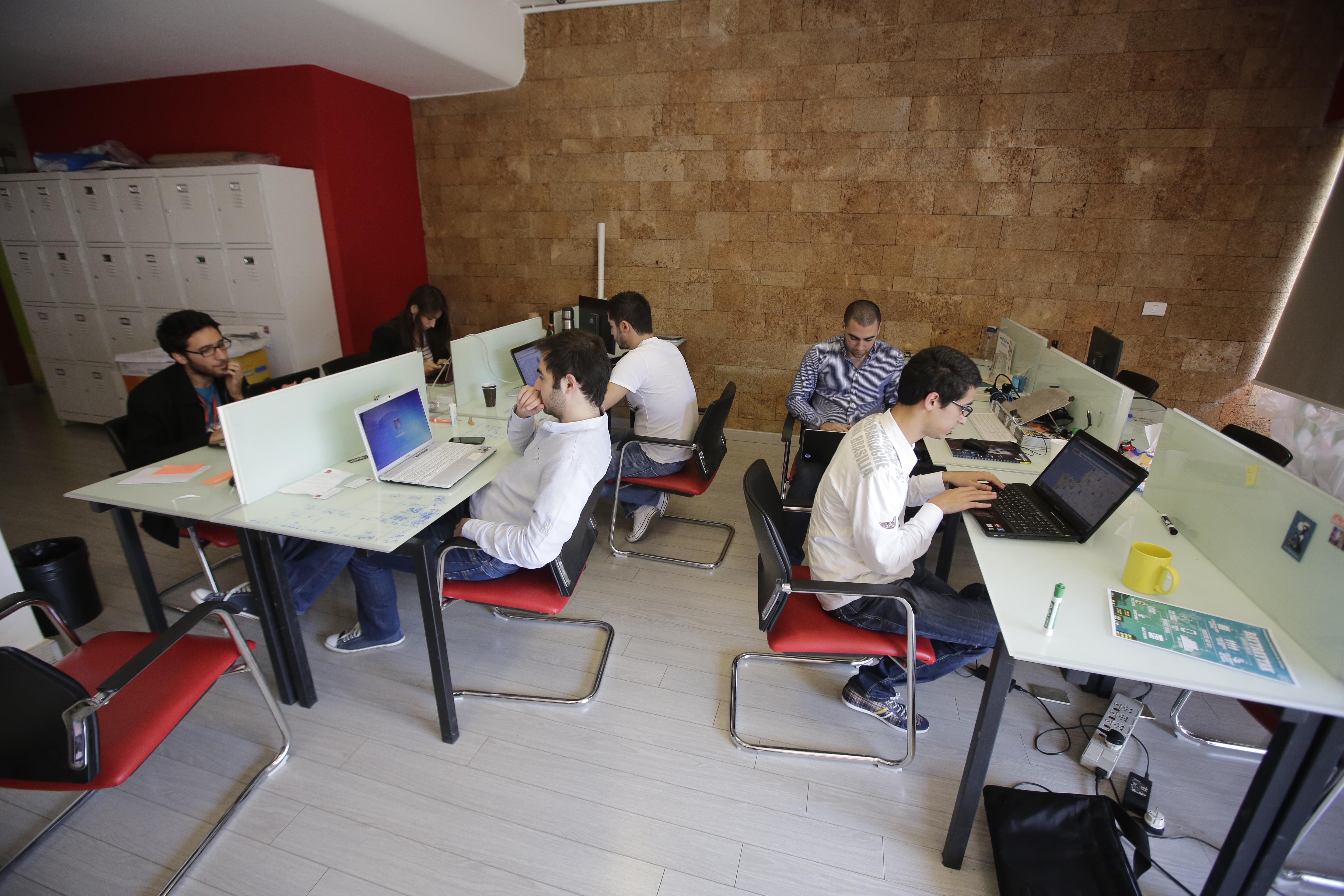This post originally appeared in Business Insider.
By Nicholas Carlson
The way startup companies get funded is changing, and it’s freaking traditional venture capitalists out. A company called AngelList came out with a new product called AngelList Syndicates. Through AngelList Syndicates, wealthy individuals can invest their money with so-called “angel” investors, who will turn around and invest the pooled money into startups. AngelList will collect 5 percent of any profits those investments earn. The angel investors will get 15 percent. The wealthy individuals will get the rest.
Over the weekend, entrepreneur and “angel” Jason Calacanis shocked the startup world by saying he’d started an Angel Syndicate and raised $300,000 with it in just one week. Here’s how AngelLists Syndicates will change things, according to people in the industry:
Angel investors will be able to “lead” rounds in early-stage startups. “Angels” are usually well-connected, wealthy people in the tech industry who invest their own money into startups. They’ve been around for a long time. But thanks to AngelList Syndicates, they can now write much bigger checks—checks as big as the ones only professional venture capital firms used to be able to write.
Fundraising won’t take as long. Jason Calacanis, who has already raised $300,000 through his AngelList Syndicate, says “VCs take weeks to get their partners to agree on a deal, and I understand that’s part of their value to their LPs. But it also creates problems for founders, who are frequently caught up in the middle of partner conflicts (i.e. you didn’t support my Google investment and we lost $250M, so I’m going to not support your deals). It also means founders have to wait weeks, sometimes months, to get their funding closed.
“I take a couple of hours—and sometimes a couple of days—to make an investment decision. In fact, I typically decide in minutes. Because at the end of the day, I’m a product guy. I can tell if a product’s good or not—and by extension, if the founders are good or not—in minutes.”
This is a great way to fund apps. Apps are inexpensive to make, but they have short idea-to-execution windows, so they can’t afford to spend lots of time time fundraising.
Entrepreneurs will have more choices, and will probably get better terms. Union Square Ventures partner Fred Wilson says, “The more folks who can lead a round, the better, at least for the entrepreneurs.”
Lower-tier venture capital firms will go bust. At least, that’s what Calacanis thinks. He writes, “The bottom half of VCs—the ones who don’t really provide a lot of extra value—have already been at risk due to their anemic returns, so I predict this is the nail in the coffin. They’re fracked.”
Fewer angel investors will get to invest in startups. Hunter Walk, a partner at VC firm Homebrew, notes that angel investors writing bigger checks will edge out other angels. “Before as a founder I might have been able to get both Dave Morin and Kevin Rose into my deal, offering them each $50k slugs. Now they each represent more than $300k in syndicate dollars. Does that full slug get invested into each deal or can they pro rata down? If not, all of a sudden the $250k in the round I set aside for strategic angels doesn’t get me a few value add folks, it makes me choose which syndicate do I want to include. Angels, who previously collaborated, now might be competing?”
Some industry-famous angel investors will get exposed as lousy lead investors. Usually, angel investors take a very passive role with the startups they invest in. They write a check that’s much smaller than the startup’s main VC investor, and then watch as that VC “leads.”
If AngelList Syndicates is going to “lead” investments, writes Wilson, “they will have to learn to lead and lead well.”
“They will have to step up before anyone else does. They will have to negotiate price and terms. They will have to sit on boards. They will have to help get the next round done. Essentially they will have to work. That’s why they are getting carry from the syndicate, after all.”
Wilson says many of these angels are going to get exposed as poor leaders by the process. He writes, “Not everyone is good at this. In fact, very few are. It’s hard to be a great lead investor and a completely different thing than being a well sought after angel investor who can get into someone else’s deals. Some will turn out to be great at this. Many won’t. And only time will tell who is and who isn’t.”
This is great news for full-service firms like Andreessen Horowitz. What AngelList Syndicates really does is commoditize startup capital and put a premium on who you’re getting it from, and what the people you’re getting it from can provide you. That’s great news for firms like Andreessen Horowitz, which employ dozens of people to help portfolio companies hire, strategize, and make deals. Expect more VC firms to market themselves to entrepreneurs as consultancies.
See also: How Much Caffeine Is in Your Favorite Chain’s Coffee?
